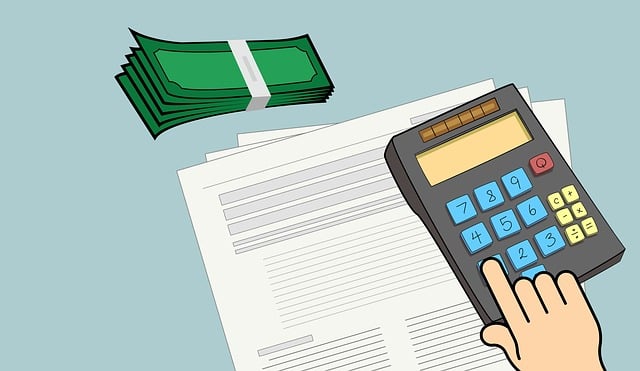
CA Budget Time Again: Small Surplus is Back But Catastrophic Needs Ahead
01.11.2025 | Linda J. Rosenthal, JD

Each year, California taxpayers have a happy decision to make when completing their state income tax returns. Since 2005, the state personal income tax form has included an option to donate $1 to worthy charities in the Golden State.
Generous citizens have been doing just that, to the tune of many millions of dollars transferred from filers’ refund checks otherwise due to the tax coffers of the state. Since the program’s inception, California has collected $35 million for 29 charitable recipients and over 35 organizations have been included on personal tax returns as eligible destinations for these charitable funds. Other states have similar donation-checkoff programs, but California’s is the nation’s largest.
Little Oversight and Big Problems
So, how are these organizations selected for inclusion on this list of charities? “There’s not much oversight over the applicants for these checkoffs,” explained State Senator Lois Volk (D-Davis). “There’s no application process. You just get a member to carry a bill. They all get approved.” If there’s little control or qualification parameters on the front end, that’s nothing compared with what’s been discovered about the back end of this process. Recently, the Associated Press conducted an investigation and found that some $10 million in charitable funds designated by California taxpayers remained unspent at year’s end 2014. Other donations wound up back in the state’s accounts.
What Happened to the Money?
In a nutshell, no one was really in charge of how to get the designated funds to the intended recipient-charities. Some of the money just “fell through the cracks.” “This is just embarrassing. It’s unacceptable. People expect their money to be spent for these important purposes and these delays …, they’re not explainable to me,” remarked Senator Bob Hertzberg, D-Van Nuys.
Here’s one example. The family of a colon cancer victim created a family foundation to raise funds for this deadly disease. In 2005, a tax checkoff fund was created. It raised $237,000 for colorectal screenings targeted particularly toward African-Americans who disproportionately are affected. But “[n]ot a single dime has been spent….” This fund was apparently a victim of a reorganization of state health agencies in 2007. “The California Department of Public Health and Department of Health Care Services say they never received authority to spend the money.”
Another example involved the California YMCA Youth and Government Program. Taxpayers designated $140,000 for the purpose of bringing teens to an annual gathering in Sacramento to learn about the workings of government. But the program director had to repeatedly pester officials about cutting a check to the organization. It took seven months, and the group – which had budgeted for the amount – had to resort to applying for a bank line of credit. “The Department of Education, which was in charge of distributing the funds, said it incorrectly estimated donations and couldn’t quickly write a check under the government spending rules.”
And in another case, some “$278,000 raised for asthma and lung disease research reverted to the state treasury.” The reason? Apparently, “neither the Legislature nor the distributing agency put them to use.”
Investigations in other states have made similar findings where government tax-checkoff programs have been poorly managed. For instance, in New York, investigators found unused funds in government coffers. There, the Legislature responded appropriately with remedial legislation. But a similar legislative effort last year in California failed. Senator Volk had sponsored a bill to designate a single agency to coordinate distribution of these checkoff donations. Ironically, she observed, “…charities that benefit from the current system lobbied hard against her bill.”
Conclusion
The Associated Press’s report has certainly made lawmakers wake up and smell the coffee about mismanagement in this otherwise laudable program. At the end of August, the chairman of the Senate Governance and Finance Committee asked for a review of state accounts holding these charitable funds, and indicated that he will hold a hearing to uncover the facts about this entirely preventable scandal.
We’ll watch out for any further developments, and keep you posted.
